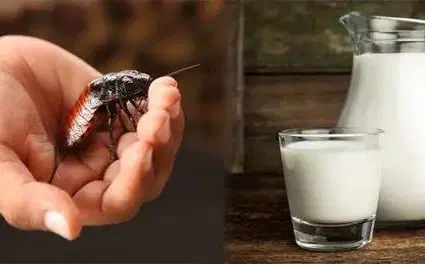Cockroach Milk: Everything You Need to Know About Nature’s Unlikely Superfood
Cockroach milk has gained attention as a surprising superfood. Here’s a comprehensive look at this unique substance.
What Is Cockroach Milk?
Cockroach milk is a nutrient-rich substance produced by certain species of cockroaches, particularly the Diploptera punctata, known as the Pacific beetle cockroach. Unlike traditional milk, this “milk” is actually a type of secretion that contains protein crystals packed with essential nutrients.
Nutritional Benefits
- High Protein Content: Cockroach milk is said to contain a significant amount of protein, making it a potential alternative protein source.
- Vitamins and Minerals: It is rich in vitamins and minerals, contributing to its status as a superfood.
- Sustainable Source: Cockroaches are highly resilient and require fewer resources to farm compared to traditional livestock, making them a more sustainable food source.
Potential Health Benefits
Some studies suggest that cockroach milk may offer health benefits, such as:
- Antioxidant Properties: It could help combat oxidative stress in the body.
- Anti-Inflammatory Effects: Potentially beneficial for reducing inflammation.
Culinary Uses
While cockroach milk is not widely consumed or available in mainstream markets, it has sparked interest in the culinary world, especially among those looking for innovative protein sources.
Ethical and Environmental Considerations
As interest in alternative proteins grows, the environmental impact and ethical implications of farming insects, including cockroaches, are being explored. Insects are generally considered more sustainable than traditional livestock, requiring less land, water, and food.
Conclusion
Cockroach milk is an unconventional superfood that offers a glimpse into the future of sustainable nutrition. While it may not yet be a staple in diets, its potential benefits and ecological advantages make it a topic worth considering.

